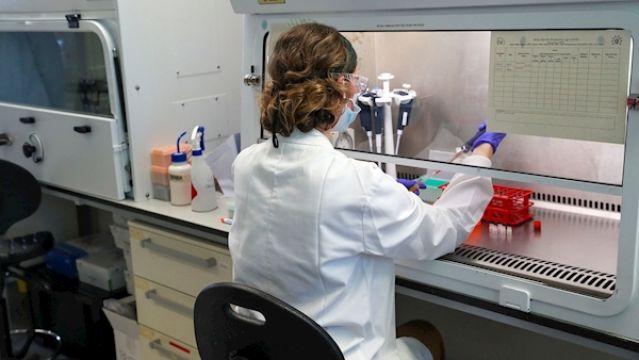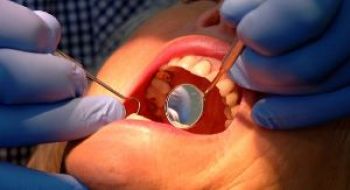The technology used to create some of the Covid-19 vaccines could be used to significantly shorten future pandemics.
New EU-funded research has started led by NUI Galway into what lessons can be learned from Covid-19 to prevent future outbreaks.
The PANDEM-2 project will aim to ensure Europe can respond much faster to any similar crisis in the future.
Professsor Maire Connolly from NUIG said huge strides have been made in vaccination technology that can be used again: “Well among the immunology community this is seen as a huge advancement.
“We are cutting time even further, so if you look at the work that has been done in the last 10 months and vaccines being available in eight months, that is unprecedented.
“It may be even more rapid the next time around, given the lessons we have learned over the last year regarding vaccine development."
She said it is important that once we are through Covid-19, there is a real investment in future disaster planning.
Professor Connolly said there was not a good cost benefit analysis for investing in pandemic preparedness this time around.
Health security threat
She added “If you spend €1 million in preparedness, you save €50 million in response. Whatever measures we have in place now, they won't need to be maintained at this level now, but you will need to know what is required to scale up again.”
On the PANDEM website they say “The European Union (EU) faces a growing health security threat posed by pandemics due to the convergence of risk factors driving disease emergence, amplification and dissemination of diseases with pandemic potential.
Protecting the health and security of citizens in the EU in the face of these pandemic threats requires a coherent response by all stakeholders.
“PANDEM will contribute to the reduction in the health, socio-economic and security consequences of future pandemics so that society will be better prepared at regional, national, EU and global level.”
They also said given the cross-border and multi-sectoral context of the health and security challenge for building pandemic risk management capacity, a “systems-based methodology” will be applied and the final outcome will be developed for use across Europe.
As well as NUIG, the World Health Organisation Regional Office for Europe, the Public Health Agency of Sweden, the Swedish Defence Research Agency, the London School of Hygiene and tropical Medicine, the Université Catholique Louvain and the IGS Strategic Communications will contribute to the research.







